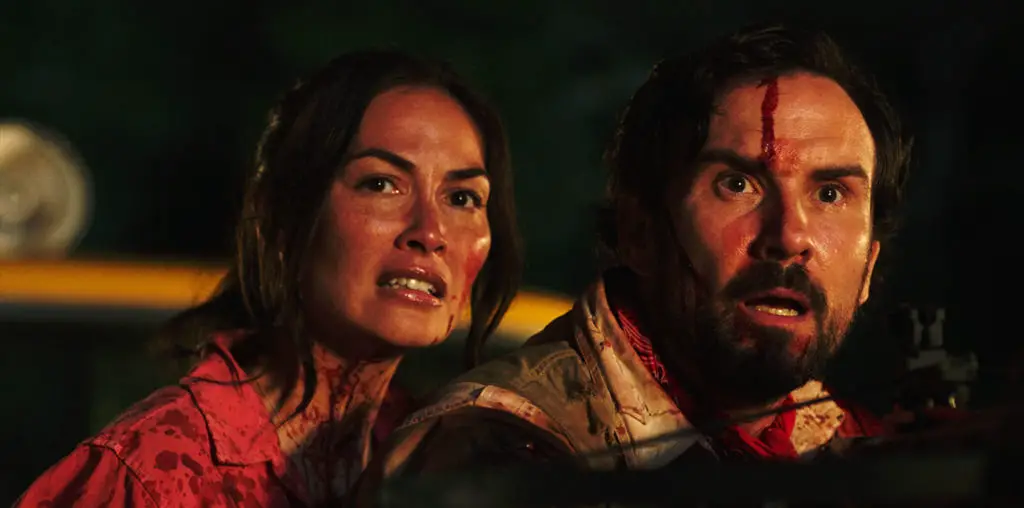
An account of San Francisco’s real-life “Zodiac” killer is a project ready-made for David Fincher, who’s developed a distinct dark palette through a series of somber films. Moviegoers can’t forget the director’s take on the serial-killer genre in “Se7en” (1995), a film that questions an investigator’s ability to unravel the psychology of a psychopath. “Zodiac” also focuses on a struggling investigation of a serial killer, but instead highlights the complex network of media and investigators who must deal with the problem and inform the public about it.
In the wake of his two double murders, the “Zodiac” dominates the media by threatening a mass killing if San Francisco newspapers do not publish his “ciphers.” In a letter sent with his first code, written in a variety of alphabets, he promises to reveal his identity. The puzzle catches the attention of SF Chronicle cartoonist Robert Graysmith (Jake
Gyllenhall), whose keen eye urges him to ponder the visual message while sketching for his next deadline. As new ciphers come in and the murder case grows more complex, Graysmith grows to understand the encryption style more, and is soon unraveling code lost to experts. He naturally meets a firm hand from his editors, while his passion and acumen interest top crime reporter Paul Avery (an especially nervy Robert Downey Jr.).
With Graysmith as an unofficial accomplice, the investigation soon takes precedence in the film over the Zodiac’s killings. Although Fincher first balances murder scenes with police and media response, he soon minimizes the more gruesome elements to devote the film to the complex investigation, which allows “Zodiac” to rise above the homicide police thriller. Avery’s stories engage the public, but end up blurring information for Inspector David Toschi (Mark Ruffalo, coiffed 70s-style). The media/investigative confusion comes to a zenith when the Zodiac demands he be allowed to call in on live television to speak with popular lawyer Melvin Belli (Brian Cox). Fincher highlights the complexity of the case in this scene of swelling chaos, where members of the public wait by a television screen as the police prepare to trace the killer’s call.
The Zodiac case proves unsolvable, and as time alters the investigation – Toschi moves on, while Avery has left the news business – Graysmith grows more obsessed with the case. His new leads implicate previous suspects while making compelling cases for new ones, and both serve up red herrings. As a media professional-turned-investigator, Graysmith (whose work developed into the book that inspired this film) lends irony to a case originally mired in interconnecting media/police affairs. In its controlled deliberation, which clocks the film in at two-and-a-half hours, “Zodiac” has us ponder the frustrations of a case that won’t close up tightly like your weekly “CSI.”
Alas, Paramount presents “Zodiac” as a bare-bones DVD without any extras, in hope that fans will return for a loaded “Director’s Cut” in early ’08. But, thankfully, this film realizes Fincher’s aspirations best, as it hovers over our most disturbing concept of reality. While I did crave some post-feature viewing, I was too busy reflecting on this intricate docudrama to care too much.

